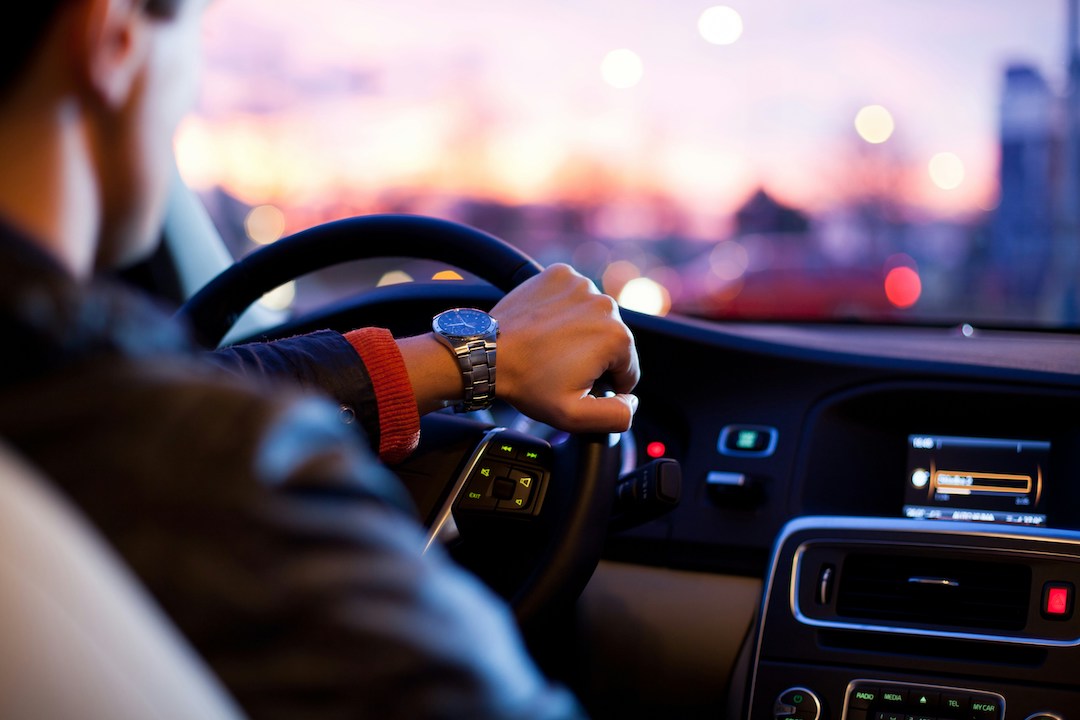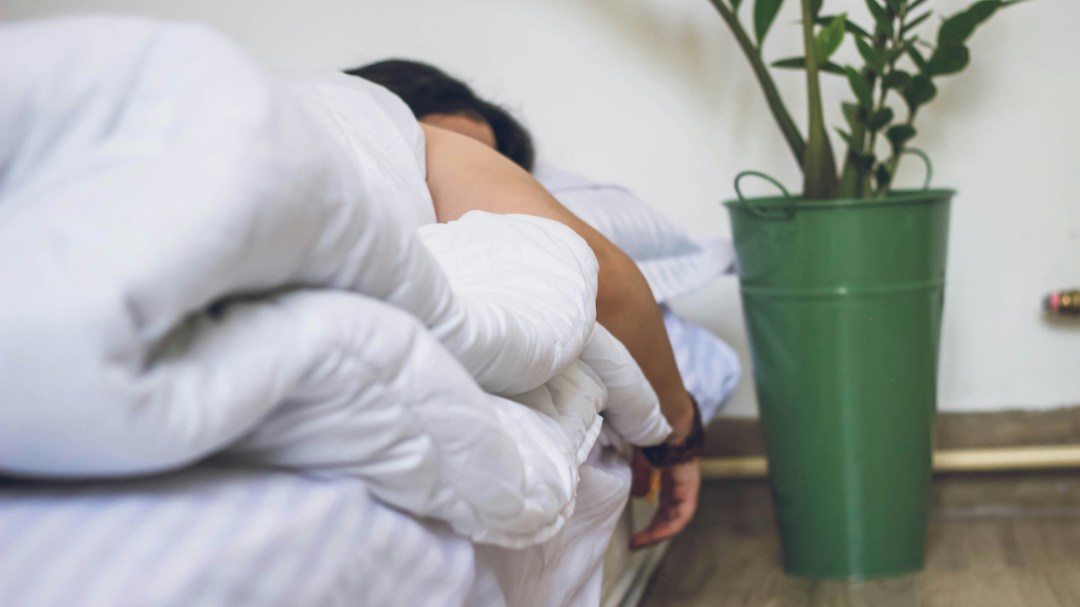A team led by Monash University have developed a blood test that can accurately determine whether someone has slept in the last 24 hours.
With high levels of sleep deprivation known to result in serious injury in risky situations, the implications of the test are far reaching.

Sleep deprivation increases the risk of an accident on the road
Impacts of sleep deprivation
High levels of sleep deprivation are known to increase the risk of serious injury or fatality, especially in risky situations. In fact, about 20 percent of all road accidents in Australia are caused by sleep deprivation.
According to a report from the Sleep Health Foundation, 39.8 percent of all Australian adults experience some form of inadequate sleep, affecting learning, decision-making and increasing the risk of illness. Lack of sleep can also lead to serious incidents and bodily harm.
According to a paper from the National Library of Medicine in the United States, otherwise healthy adults often experience increased stress, bodily pains and memory issues in the short term. Chronic sleep deprivation can contribute to heart disease, obesity, diabetes and depression.
Senior author of the Monash University study, Professor Clare Anderson, explains the detrimental impact of sleep loss.
“There is strong evidence that less than five hours’ sleep is associated with unsafe driving, but driving after 24 hours awake, which is what we detected here, would be at least comparable to more than double the Australian legal limit of alcohol performance wise.”
Dreams of the future
The recent study was published in Science Advances, and identified a biomarker consisting of several other markers found in the blood of healthy volunteers. When tested in a controlled environment, these markers predicted whether an individual had been awake for more than 24 hours with 99.2 percent accuracy. This dropped down to 89.1 percent when determining if an individual was well rested.
“This is a really exciting discovery for sleep scientists, and could be transformative to the future management of health and safety relating to insufficient sleep,” says Professor Anderson. “While more work is required, this is a promising first step.”
Researchers hope that with further analysis, the test could be applied in forensic settings including road-side crashes. However, there is a way to go before implementation.

First author Dr Katy Jeppe, from Monash Proteomics and Metabolomics Platform, says a timeline for using the test after road accidents is still uncertain.
“Given its blood, the test is more limited in a roadside context, but in the future we could examine whether our metabolites, and therefore the biomarker, are evident in saliva or breath.”
The test can also be employed to identify if an individual has been awake for 18 hours, alluding to future developments for more accurate hour-by-hour readings of an individual’s sleep.
“Much further work would be needed if laws were to change and a sleep deprivation test introduced on the road or in workplaces,” Dr Jeppe said. “This would include further validation of biomarkers, as well as establishing safe levels of sleep to prevent and recover from impairment, not to mention the extensive legal process.”
There have been studies in the past which attempted to ascertain a biomarker for limited sleep the previous night, such as one project carried out by experts in the United States. The team were able to identify a biomarker model which exhibited 74 percent accuracy, advancing the process of identifying poor sleep.
“Objective tests that identify individuals who present as a risk to themselves or others are urgently needed in situations where the cost of a mistake is fatal,” Professor Anderson says.
“Alcohol testing was a game changer for reducing road crashes and associated serious injuries and fatalities, and it is possible that we can achieve the same with fatigue. But much work is still required to meet this goal.”
To read about an app helping shift workers to sleep, click here.

